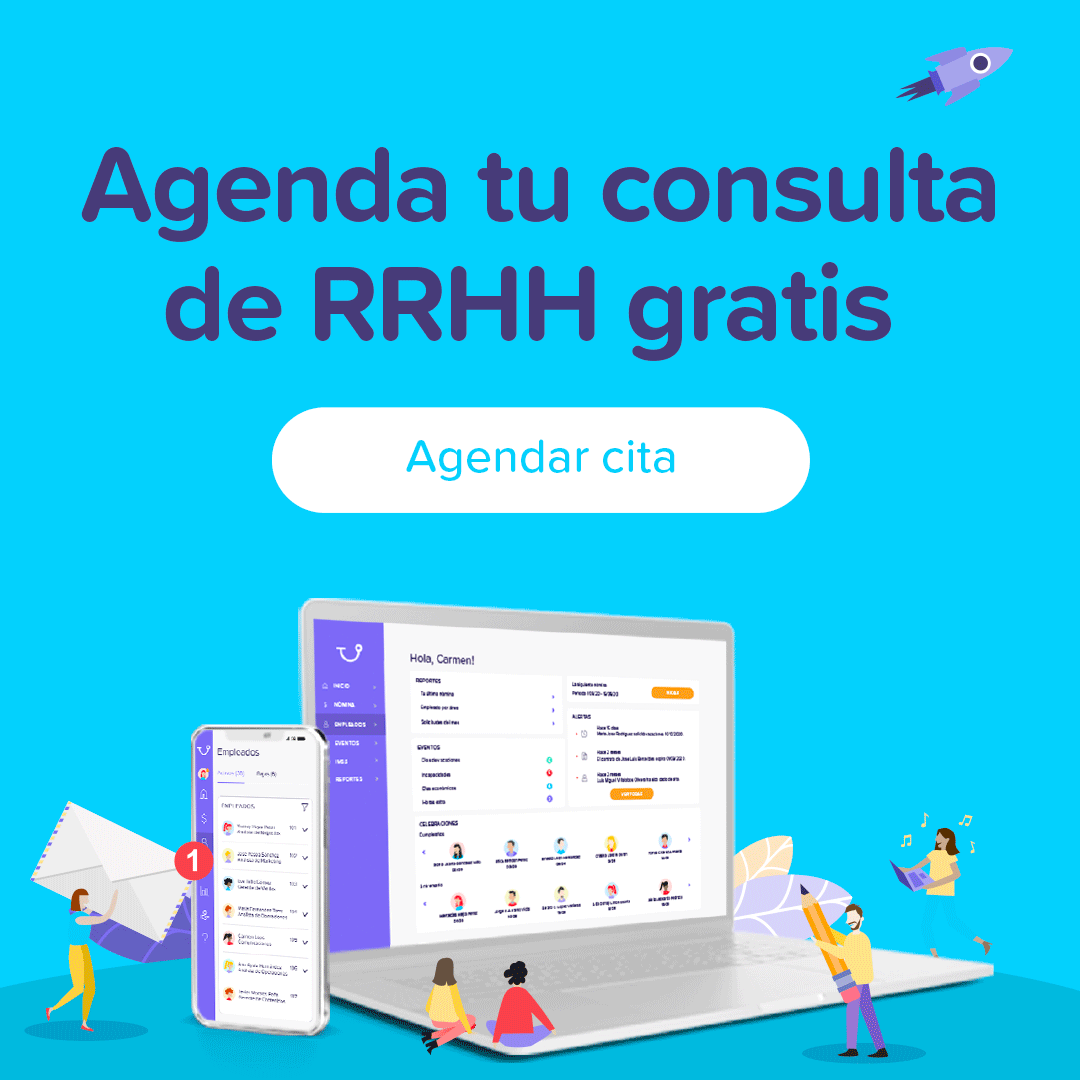Let’s be honest—tax forms are the last thing most of us want to think about. But Form 8962? It’s super big of a deal, especially if someone on your team used the actual Health Insurance Marketplace and got a subsidy to help with their full on premium.
Sure, the actual form itself is filled out by the specific employee, but if anything goes sideways, you can fully expect that your HR inbox will feel it. Confused questions, missing paperwork, and a whole lot of “wait, what’s this?”
So let’s fully break this down fastly. Quick, simple, and in actual real terms.
What is form 8962?
When anyone buys health insurance on the actual Marketplace, they might qualify for any help from the actual government— also known as Advance Premium Tax Credit (APTC). It brings down their monthly costs, based on what they expect to earn that year.
But here’s the kicker: those credits are just estimates. So when tax time rolls around, the IRS wants to check the math. That’s where Form 8962 comes in.
It’s how any of your employee settles up—such as them getting the right amount, or owe a bit back, or might even get more.
How does form 8962 work?
The actual IRS sends each Marketplace enrollee a Form 1095-A in January. Think of it as any receipt showing what the exact plan they had and how much subsidy they fully received.
With that, they use Form 8962 to:
- Compare what they actually earned vs. what they estimated.
- See how much of a tax credit they were really eligible for.
- Pay back any overage—or collect the rest if they didn’t get enough.
Example: If someone expected to make $30k but ended up at $42k, they probably got too much help and may owe some back.
Why does form 8962 exist?
Form 8962 is basically the IRS’s way of saying, “Let’s double-check those numbers.”
It keeps things fair—so people don’t game the system (intentionally or not). And if someone did get help with their health insurance, they have to use this form to square up. No way around it.
If they skip it? Their tax return can get stuck in limbo.
Who needs to worry about form 8962?
This form’s for people who:
- Bought coverage on the Health Insurance Marketplace
- Got help paying for it through APTC
- Are filing taxes and need to reconcile it
If someone stayed on your group health plan or had Medicare or Medicaid, this doesn’t apply—unless they had a short break where they jumped on Marketplace coverage during a job transition.
Why should HR care about form 8962?
Even though you’re not the one filling it out, your team might end up fielding questions—especially if employees also got a Form 1095-C from you about job-based insurance.
This can lead to:
- Confusion about overlapping coverage
- Questions on affordability (especially if your plan was borderline)
- Requests for timelines, COBRA info, or plan details
And if your company didn’t meet ACA rules? That confusion can turn into fines or penalties.
What if someone skips form 8962?
If an employee doesn’t submit Form 8962 after getting advance credits:
- Their tax return could get rejected
- They might have to pay back the entire subsidy
- They’ll be dealing with the IRS for a while
- You might get looped in if your data doesn’t match what they claimed
So yeah, it’s kind of a mess you’ll want to help them avoid.
Are they the same: 1095-A vs. 8962 vs. 1095-C¿
They’re related—but totally different:
- 1095-A: Sent by the Marketplace. Says what plan they had and how much help they got.
- 8962: The employee fills this out to confirm if that help was accurate.
- 1095-C: Your form. It shows whether you offered them affordable job-based insurance.
They all need to play nice with each other—or someone’s return gets delayed.
What are the benefits of properly using one?
If employees file it correctly, they can:
- Avoid surprise bills from the IRS
- Get extra credit if they earned less than expected
- Stay in the government’s good books
- Understand how benefits work—especially during a rough year
And for HR? It builds trust. You’re helping them navigate complicated stuff when they’re already stressed.
What role play HR play with the form 8962?
Even if you’re not filing Form 8962, you’re definitely part of the picture. Your job might include:
- Explaining how job-based plans fit with Marketplace options
- Making sure 1095-C forms are accurate and timely
- Helping track things like COBRA windows or coverage gaps
- Making sure your benefits and payroll teams are aligned
It’s about support, not tax prep.
What common pitfalls are related to it?
Here’s where things can fall apart:
- Assuming employees understand these forms (they don’t)
- Sending out late or incorrect 1095-Cs
- Giving unclear info about plan affordability
- Forgetting to track people who jump to the Marketplace after layoffs or COBRA declines
A little clarity goes a long way—and saves you from bigger issues later.
This might seem like “not your problem,” but when things go wrong, it becomes your problem fast.
Tax season doesn’t have to be chaos. A little proactivity now can save everyone a lot of stress later.
 US-EN
US-EN  Argentina (AR)
Argentina (AR) Chile (CL)
Chile (CL) Colombia (CO)
Colombia (CO) Ecuador (EC)
Ecuador (EC) Mexico (MX)
Mexico (MX) Perú (PE)
Perú (PE)






